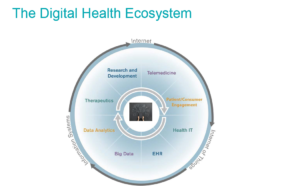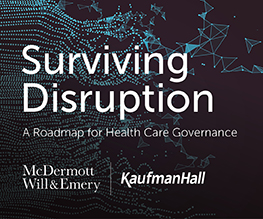What if you didn’t have to take time out of your day to see a physician in person when you needed a prescription? What if a diagnosis could be delivered over video chat? What if your psychiatrist was available at the press of a button or swipe on your screen?
These options are fast becoming a reality, as telehealth (or telemedicine) continues to take hold in a health care system that is desperate for increased efficiency and higher quality outcomes. And while telehealth offers exciting new possibilities in terms of convenience and access for patients, it also poses new regulatory challenges for industry stakeholders still learning the new rules of the game in today’s digital health ecosystem.

The Chronic Care Act
One of the biggest drivers of change in the industry right now is the Chronic Care Act. Last month, as part of the House and Senate budget deal to fund the government through March 23, legislators included the Creating High-Quality Results and Outcomes Necessary to Improve Chronic (CHRONIC) Care Act of 2017, which will increase reimbursement for a lot of different telemedicine programs.
For example, if you went to a rural hospital and they didn’t have a stroke neurologist and you were having a stroke, you would have an ED doctor with no stroke specialty diagnosing you—not an ideal situation. With telemedicine, it’s now possible for rural doctors to consult with specialty doctors at renowned sites, which the government will fund thanks to the Chronic Care Act. (more…)
read more

 Subscribe
Subscribe


